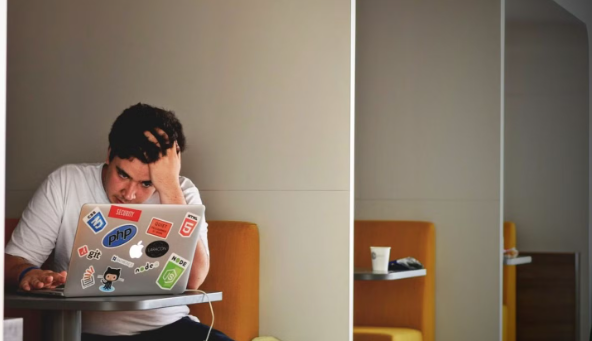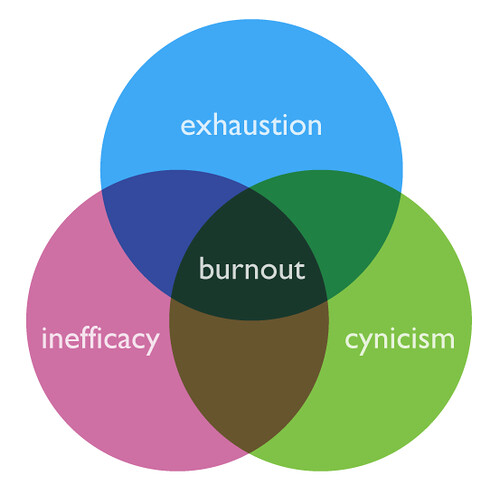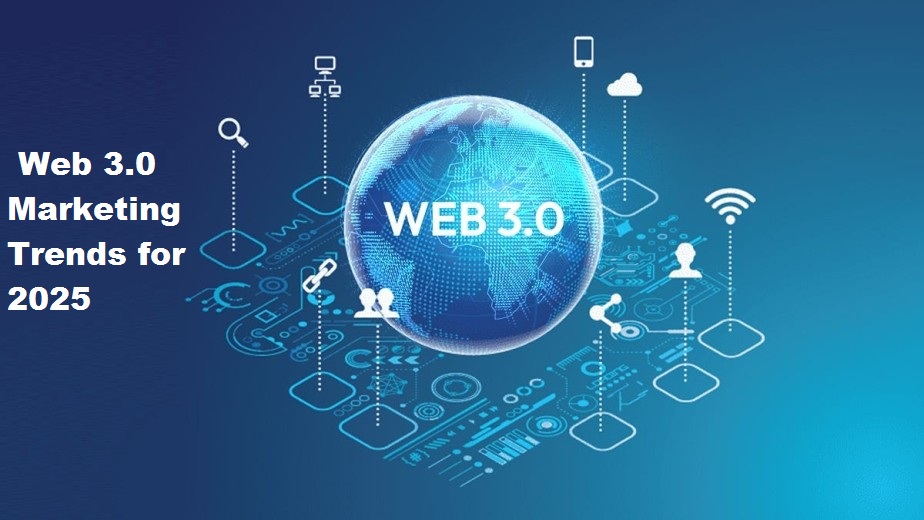Being in an era of digital media, digital marketing, and digital transformation, content creation has emerged as a lucrative career path. Starting from social media influencers to YouTubers, creating and sharing content online is highly satisfying and enticing. However, behind every glamour and perceived flexibility lies challenges and hard work which give rise to content creation burnout or content creator burnout. Therefore, content creation is often termed as brutal and highly challenging.

Challenges of Client Feedback
Content creation is often portrayed as a glamorous and fulfilling endeavor. However, beneath the surface lies a brutal cycle that can lead to significant burnout, particularly stemming from client feedback and external pressures.
Dealing with client feedback can be overwhelming. After pouring your creativity and hard work into a project, receiving rude or unconstructive criticism can be disheartening. This negative feedback not only tests your patience but also challenges your skills. So, how can one navigate this tricky terrain?
Is Content Creation Brutal and Challenging?
Content creation is never easy and requires hard work and relentless research. Here, we will analyze the hardships and common misconceptions involved with content creation.
Being a content creator is extremely challenging which requires a unique blend of creativity, business acumen, resilience, and adaptability. Some content creators don’t acknowledge the challenges creators face and the immense effort required to succeed in this field. It isn’t easy and demands relentless effort and hard work. We need to support and celebrate content creators’ hard work and dedication while understanding and appreciating the complexities of content creation.
Constant Creativity and Innovation
Content creators are constantly facing the difficulty of producing fresh and engaging content. Sustaining the attention of the ever-changing likeness of the online audience needs relentless creativity and innovation. There is considerable pressure on content creators to produce high-quality content. For that, they have to brainstorm ideas, research trends, and refine their skills to stay ahead of the competition.
Time-consuming Curation and Editing
Behind every high-quality and engaging content, there is a need for intense research, production, and meticulous editing. No content creation is effortless and instantaneous.
Business Acumen and Entrepreneurial Ability
Content creation often involves a one-person enterprise requiring strong business acumen and entrepreneurial skills. They should have strong negotiation skills, marketing, and managing sponsorships and contracts. They have to constantly monitor analytics, interact with the audience, and stay up-to-date with algorithm changes to maximize their reach and monetization.
Mental Health Challenges and Stability
Content creation requires a great deal of research and thinking which otherwise puts heavy pressure on mental health and stability. Then, the content creator constantly strives for perfection, deals with likes & dislikes, and relentlessly seeks validation from the online audience that is something very extraordinary. This may lead to burnout, imposter syndrome, and feelings of inadequacy for the content creator. The expectation for producing viral content can be overwhelming which causes stress and anxiety. Therefore, content creators need to recognize the mental health challenges and should be offered support and understanding within the industry.
Monetization and Financial Stability
There is a misconception that content creation guarantees instant revenue generation which is a myth. Building a sustainable income requires time, effort, and a combination of several revenue streams. While some successful content creators generate income through brand collaborations, sponsorships, or merchandise sales, others face unpredictable income streams and financial instability. So, content creators should strategize their revenue income stream intelligently and need to show patience.

Being a content creator is extremely challenging which requires a unique blend of creativity, business acumen, resilience, and adaptability. Some content creators don’t acknowledge the challenges creators face and the immense effort required to succeed in this field. It isn’t easy and demands relentless effort and hard work. We need to support and celebrate content creators’ hard work and dedication while understanding and appreciating the complexities of content creation.
How to deal with client feedback burnout
Take a Break
It’s completely normal to feel the need for a break. Forcing yourself to produce content when you’re feeling burned out can be suffocating and demotivating. The risk here is facing content creation burnout, where the focus shifts from quality to quantity, fostering a toxic culture of comparison among creators.
Truth of Content Creator Burnout
Burnout can hit unexpectedly. Some days are filled with inspiration and ideas, while other days leave you feeling blank and stressed. It’s essential to recognize that creating content often requires substantial effort and mental energy. If you don’t feel comfortable with what you’ve created, it’s okay to refrain from posting until you’re ready. Remember, taking time for yourself is crucial—your audience will not forget you.
Pace Yourself
Pacing your content creation is imperative. Ensure you’re mentally prepared and geared up before diving into your next project. This approach will help maintain your creativity and passion over time.
Causes of Burnout
Content creators across platforms like YouTube, TikTok, Instagram, and Facebook commonly experience burnout due to several factors:
- Pressure to Produce Fresh Content: The constant need for new and engaging material can be exhausting.
- Financial Stress: Unpredictable income can create anxiety and impact creativity.
- Work-Life Imbalance: Blurring the lines between work and personal life can lead to burnout.
- Social Media Pressure: The need to maintain an online presence and engagement can be overwhelming.
- High Expectations: Creators often face pressure from sponsors, clients, and audiences to perform consistently well.
Recent surveys reveal that 75% of content creators experience significant stress. Despite this, only 37% earn a full-time income from their content creation efforts. This disparity highlights the challenges faced by creators in a highly competitive and demanding environment.

Understanding the Content Creator Burnout
Burnout can manifest as either Physical Burnout or Mental Burnout, each with distinct characteristics. Some individuals may experience both, making recovery particularly challenging.
Symptoms of Physical Burnout
- Chronic fatigue
- Insomnia
- Headaches
- Muscle tension or pain
- Gastrointestinal problems
- Changes in appetite or sleep patterns
- Frequent illness due to a weakened immune system
Remedial Measures for Physical Burnout
- Rest and Recovery: Prioritize 7-9 hours of quality sleep each night, including short naps if necessary.
- Exercise Regularly: Engage in moderate activities like walking or yoga to reduce stress and boost energy.
- Healthy Nutrition: Maintain a balanced diet rich in fruits, vegetables, and whole grains.
- Hydration: Drink plenty of water throughout the day.
- Medical Check-ups: Consult healthcare providers to rule out underlying conditions.
Symptoms of Mental Burnout
- Feeling overwhelmed or emotionally drained
- Reduced performance and productivity
- Cynicism or detachment from work
- Decreased satisfaction and sense of accomplishment
- Irritability or mood swings
- Difficulty concentrating or making decisions
- Feeling helpless or trapped
Remedial Measures for Mental Burnout
- Set Boundaries: Clearly define work and personal life boundaries.
- Break Tasks into Smaller Steps: Tackle tasks one at a time.
- Seek Support: Reach out to friends, family, or mental health professionals.
- Mindfulness and Relaxation: Practice techniques like meditation or deep breathing.
- Engage in Enjoyable Activities: Dedicate time to hobbies that bring joy.
- Working Through Physical Burnout
- Modify Workload: Gradually reduce your workload and delegate when possible.
- Take Breaks: Incorporate regular breaks to recharge.
- Ergonomic Work Environment: Ensure your workspace reduces physical strain.
- Working Through Mental Burnout
- Prioritize Tasks: Focus on high-priority tasks, letting go of non-essential responsibilities.
- Stay Organized: Use planners or digital tools for effective time management.
- Professional Development: Engage in training to regain a sense of purpose.
Recognizing and addressing burnout is crucial for recovery. Prioritize your health and well-being to prevent burnout from becoming overwhelming. Create content as a passion and professional but not as obsession and over-expectation
Content creation burnout is a real and pressing issue. By recognizing the signs, taking necessary breaks, and pacing your work, you can safeguard your creativity and mental health. Remember, it’s essential to prioritize your well-being over the relentless pursuit of content. You are not alone in this journey, and taking care of yourself is the best way to sustain your passion for creation.










